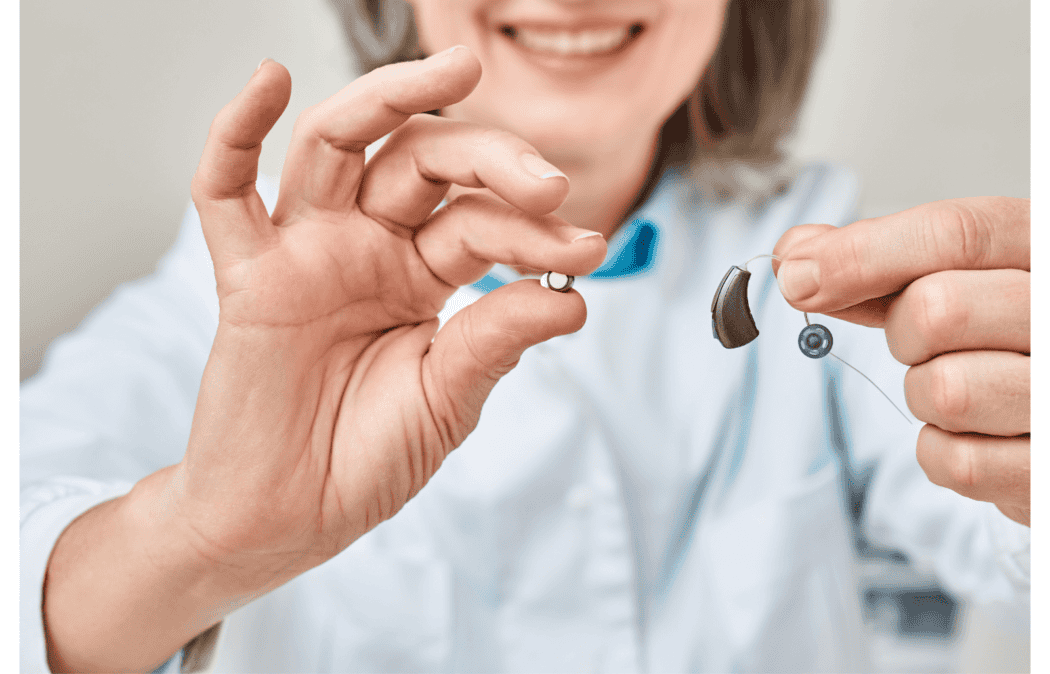Before getting into battery monitoring and alerts, it’s essential to understand how hearing aid batteries function. Hearing aids typically use zinc-air batteries, which rely on exposure to air to activate. The size and power consumption of your hearing aids, as well as your usage habits, will determine how long your batteries last. Understanding these factors can help you better manage your battery life and anticipate when it’s time for a replacement.
It’s important to note that hearing aid batteries are not rechargeable and need to be replaced regularly. The lifespan of a hearing aid battery can vary depending on factors such as the type of hearing aid, the level of amplification required, and the frequency of use. On average, zinc-air batteries last between three to ten days, with smaller batteries typically having a shorter lifespan than larger ones.
Importance of Battery Monitoring Features
Many modern hearing aids are equipped with advanced battery monitoring features to help users stay informed about their battery status. These features may include low battery alerts, battery level indicators, and even smartphone apps that provide real-time battery status updates. By monitoring your battery life regularly, you can avoid unexpected shutdowns and ensure uninterrupted hearing support throughout your day.
Battery monitoring features can vary depending on the model and brand of hearing aids. Some hearing aids may emit a warning beep when the battery is low, while others may display a visual indicator on the device itself. Additionally, smartphone apps paired with hearing aids can provide detailed information about battery status, usage patterns, and even reminders to replace batteries when needed.
Tips for Extending Battery Life
While battery monitoring features can be helpful, there are also steps you can take to extend the life of your hearing aid batteries. One simple tip is to open the battery door overnight to allow any accumulated moisture to evaporate, which can help prolong battery life. Additionally, storing your batteries in a cool, dry place and avoiding exposure to extreme temperatures can prevent premature depletion. Finally, keeping spare batteries on hand ensures that you’re always prepared for unexpected battery failures.
Another factor that can impact battery life is the level of amplification required by your hearing aids. Higher levels of amplification typically result in greater power consumption, leading to shorter battery life. If you find that your batteries are draining quickly, consider adjusting the settings on your hearing aids to optimize battery usage without compromising your hearing experience.
When you receive a low battery alert from your hearing aids, it’s essential to respond promptly to avoid being left without hearing support. Make sure to keep spare batteries readily available in your home, car, or office so that you can quickly replace them when needed. If you’re using rechargeable hearing aids, ensure that your charging station is easily accessible and that you develop a routine for recharging your devices regularly.
It’s also a good idea to familiarize yourself with the specific low battery alert signals used by your hearing aids. Some devices may emit a series of beeps or tones, while others may display a flashing light or icon. By recognizing these alerts, you can take action to replace your batteries promptly and avoid interruptions to your hearing experience.
Maximizing Battery Performance
To maximize the performance of your hearing aid batteries, it’s essential to follow best practices for battery usage. Avoid leaving your batteries in your hearing aids for extended periods when they’re not in use, as this can drain power unnecessarily. Additionally, turn off your hearing aids when not in use to conserve battery life, and consider investing in high-quality batteries from reputable manufacturers for optimal performance.
Regular maintenance of your hearing aids can also contribute to better battery performance. Clean your hearing aids regularly to remove any debris or buildup that may interfere with battery contact or drainage. Your provider can provide guidance on proper cleaning techniques and recommended maintenance schedules to keep your devices in optimal condition.
Consulting Your Hearing Health Professional
If you’re experiencing frequent battery issues or have concerns about your hearing aid batteries, don’t hesitate to consult your provider for guidance. Your provider can offer personalized advice based on your specific hearing needs and lifestyle preferences. They can also perform routine maintenance checks on your hearing aids to ensure that they’re functioning optimally and address any battery-related issues you may encounter.
Monitoring and managing your hearing aid batteries is essential for maintaining optimal hearing health and communication abilities. By understanding battery life in hearing aids, utilizing battery monitoring features, and extending battery life, you can make the most of your devices!

